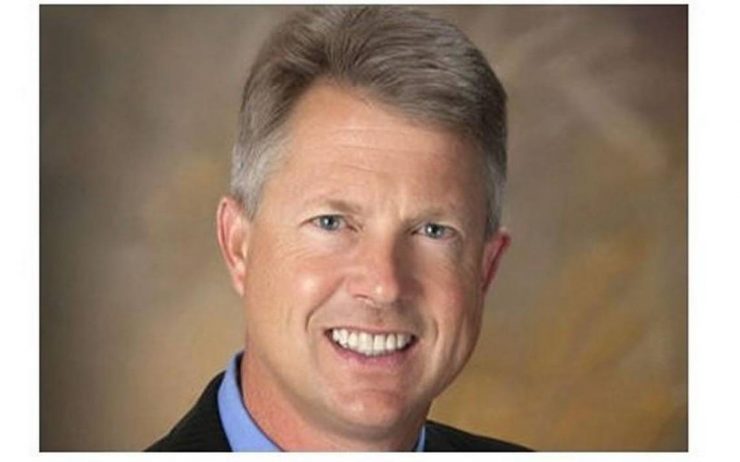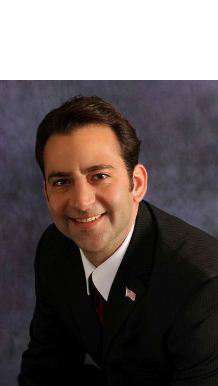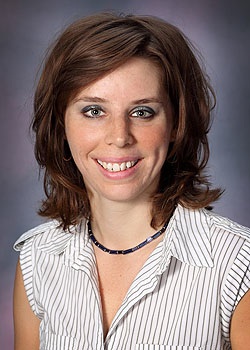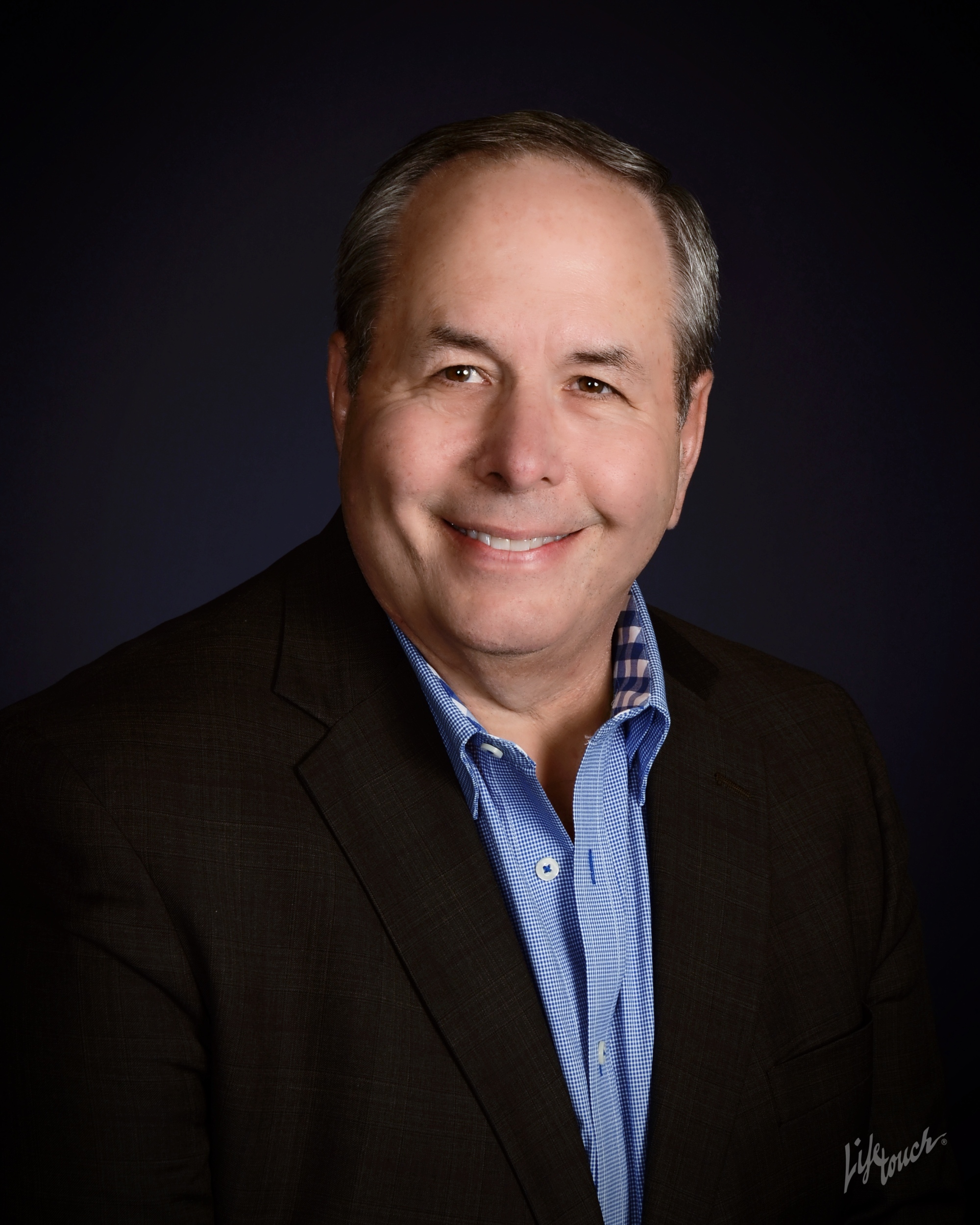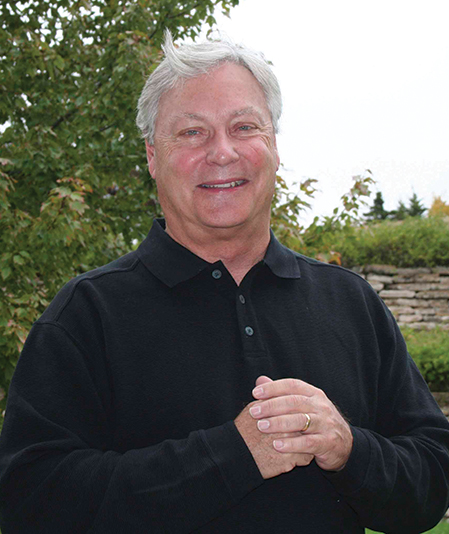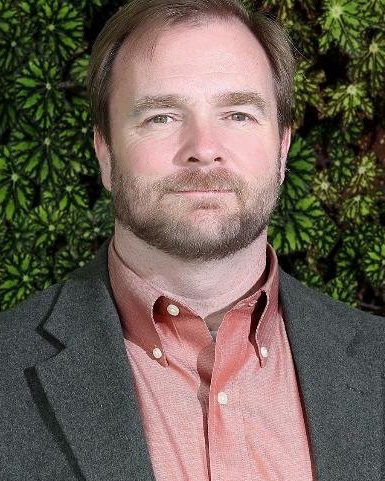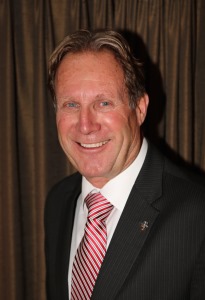
After a busy week, I am very happy to be back in Kansas through the April recess. Please see this list of stops on our April Listening Tour – I hope to see you out there!
The schedule is subject to change, as we have been put on notice that we may be returning to Washington during the recess to work on health care.
This week, I had the opportunity to question SBA Administrator Linda McMahon in the House Small Business Committee, where I highlighted the impact regulation has had on Kansas’ small businesses. I look forward to working with Administrator McMahon to advance the goals of the U.S. Small Business Administration, and those of small businesses across the Big 1st.
This week, I spoke from the floor to recognize the Month of the Military Child. I called on my colleagues to provide continued support for our military children and families, whose sacrifice is not always recognized, but must certainly be revered.
In the House
Kansas Wildfire Response
This week, we made a lot of progress on the federal response to the recent wildfires across the plains.
On Wednesday, the White House ordered the USDA to allow emergency grazing on certain CRP acres. This announcement will allow grazing to continue beyond the start of the primary nesting season, which begins in Kansas on April 15.
This allowance delivers much-needed relief to producers in the impacted counties. I appreciate the recognition and action from President Trump and the USDA to continue providing relief, in addition to providing support and guidance for producers in programs like the Livestock Indemnity Program, the Emergency Conservation Program and the Livestock Forage Program.
Additionally, Senator Pat Roberts and I sent a letter to the U.S. Department of Agriculture (USDA) on behalf of Kansas ranchers affected by the recent wildfires, expressing thanks for previous departmental actions taken and requesting additional programmatic and resource flexibility when responding to a disaster.
The letter stated:
“With more than 700,000 acres burned to date across the state, local officials are still in the process of evaluating the totality of the damages and impacts from this disaster,” the lawmakers write. “In response to the recent wildfires, farmers and ranchers across Kansas are in need of assistance to protect their property, livestock, and livelihood in a number of ways. We appreciate the Department utilizing programs offered through agencies, including the Farm Service Agency, the Natural Resources Conservation Service, and the Risk Management Agency, to help with recovery efforts from this catastrophic event.
Response efforts to natural disasters require flexibility to address challenges specific to local and county circumstances. We request that USDA consider any further requests, particularly those that have garnered local consensus on appropriate flexibilities, including additional conservation practices eligible for emergency grazing.
Unfortunately, Kansas has now experienced two consecutive seasons of unrelenting wildfire. As a result of the Anderson Creek fires, many lessons have been learned that can be applied to the response and recovery efforts for the challenges that remain ahead related to the most recent wildfire. We urge the Department to employ any program requirements and contract flexibilities that
My Statement on this week’s action in Syria
I applaud the President’s decisive action in the face of the horrific chemical weapons attacks by the Syrian government on innocent civilians. I welcome this show of American strength and values. This sends a clear message to Syrian and Russian officials that we will not stand idly by in the face of these horrific atrocities.

Dwight D. Eisenhower Memorial Commission
On Monday, I met with Brig. Gen. Carl Reddell and Ed Perez of the Dwight D. Eisenhower Memorial Commission (shown right) to discuss the work that the Commission is doing to build a memorial to President and General Dwight D. Eisenhower.
The memorial will pay tribute to the life and legacy of one of our greatest Kansans, highlighting his accomplishments during WWII and his two-term presidency. It was exciting to hear about the project’s progress and we are hopeful that construction will begin later this year.
Agriculture Research Congressional Exhibition

On Wednesday, I attended the Agriculture Research Congressional Exhibition and Reception (shown left) held in the US Capitol on Wednesday. I spoke to the crowd about the critical importance of research investments in our district. Those investments are especially key when we consider the economic boom from entities like the National Bio and Agro-defense Facility, colleges and universities in our district.
The following professors from Kansas State University were in attendance to discuss their current agriculture research.
Representing Kansas State University:
Dr. Ernie Minton, Associate Dean and Director of K-State Research and Extension
Dr. Charles Rice, University Distinguished Professor of Soil Microbiology
Dr. Brad White, College of Veterinary Medicine and Director of the Beef Cattle Institute
